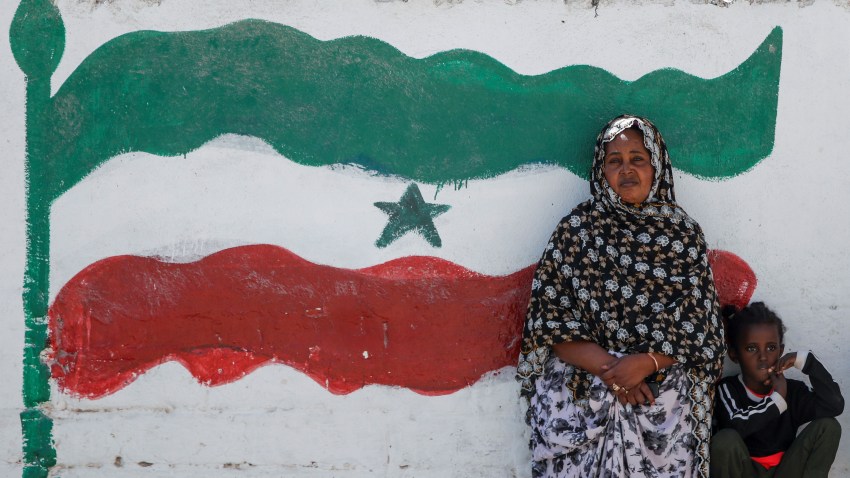Since early February, Somaliland, a small self-declared republic in East Africa, has found itself engaged in open conflict along its borders. In Las Anod, a town in the territory’s southeast, local protests broke out in December 2022 over increased insecurity. They eventually escalated into an armed confrontation after the Somaliland army cracked down violently on the unrest.
Some traditional leaders from Las Anod’s Dhulbahante clan called for the town to renounce Somaliland’s authority altogether and instead rejoin Somalia, from which Somaliland officially declared independence in 1991. In the resulting crossfire, an estimated 100,000 people have reportedly fled to neighboring Ethiopia, with the international community expressing concern over the mobilization of armed forces and its humanitarian impact on civilians.
The scale and potential spillover effects of conflict has brought this fledgling nation of around 4 million people to the world’s attention like never before. For the first quarter century of its existence, Somaliland, which emerged in 1991 from the ruins of the collapsed Somali state, built a reputation as a de facto independent government that lacked legal international recognition. Despite establishing credible foundations of democratic governance through the pursuit of bottom-up state-building, Somaliland found its achievements largely overlooked and unrewarded by the rest of the world. The international community instead focused its energies on rebuilding a unified Somalia, ruled from Mogadishu, that incorporates Somaliland within its federal structure.

